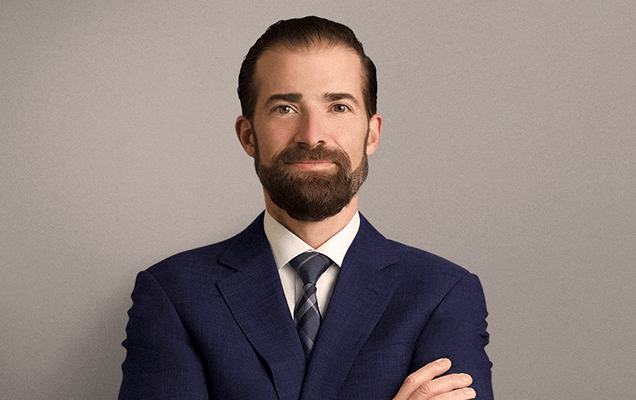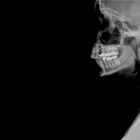With your upcoming brain surgery for meningioma, you are likely concerned about what to expect during your recovery period. While every patient is different and your exact experience will depend upon your individual circumstances, it can be helpful to have a general understanding of the recovery process to help you plan ahead and alleviate stress.
Do keep in mind that this information is presented at a high level to provide you information about what you can expect during your recovery from brain surgery for meningioma. Should it conflict with any information provided by your doctor, anything he or she says takes precedence. If you find any questions or concerns arise, take note of them now and be sure to bring them up at your next appointment.
Immediately Following Surgery: Your Hospital Recovery
In the hours following your procedure, you will be closely monitored in a post-operatory room until your care team has established that your breathing, pulse and blood pressure have stabilized. They may also use special equipment to monitor your nerve activity, as your surgery takes place in a delicate area of the body.
Once you are cleared, you will be moved to your recovery room, where you can expect to spend approximately two to three days. Again, this will depend on your individual situation. More difficult surgeries or patients with complicated health histories may need to spend more time in the hospital.
You will likely receive prescriptions for a few different medications. You may require anti-seizure medications and most patients will need to take steroids for approximately the first week to reduce inflammation in the brain. You may also receive a prescription for pain medication, typically for no more than two weeks.
Your Recovery at Home
Once your brain tumor specialist determines you are in stable condition, you will be released from the hospital to recover at home. You will be given activity restrictions, which allows your body time to recover and heal from your surgery. Some patients are able to return to work as soon as 2-4 weeks following surgery, but others will need a longer recovery period of 6-12 weeks. Much depends on your individual tumor and your doctor will be able to give you a better idea of what exactly you can expect.
We are more than surgeons,
we are your support system.
Radiation Therapy in Addition to Surgery
Many patients will be treated with radiation therapy following surgery. For patients with Grade II or III meningiomas, radiation therapy may be required. However, for Grade I meningiomas, it will depend on how much of your tumor the surgeon was able to remove and whether or not your tumor continues to grow.
Radiation therapy depends heavily on your individual circumstances and will be scheduled according to your exact situation; this includes the number of sessions required. If your tumor is a Grade I, you may not require radiation therapy unless your doctor sees there has been tumor growth. However, patients with Grade II or III meningiomas may need to begin radiation therapy within a few weeks of surgery to maximize results and prevent further growth.
Dos & Don’ts During Your Recovery
Your doctor is going to give you a specific set of instructions regarding activity restrictions, diet modifications and prescription medications. The following general information is to help guide you during your recovery from brain surgery for meningioma, but your doctor’s recommendations will always take precedence.
- Do follow any instructions your doctor gives you. These are for your comfort and safety and not following them may delay the healing process or even put your health at risk.
- Do attend all follow-up visits with your doctor. It will be important that your doctor monitors your physical recovery, as well as for any regrowth of your tumor.
- Do keep a positive attitude. Remember that your recovery from brain surgery for meningioma is a process and it is going to take time. A positive attitude can help reduce stress, which is beneficial for healing.
- Don’t start or stop any of your medications without consulting your doctor. If you have any questions or issues, check with your doctor immediately and do not make any modifications to your dosing schedule until your doctor has told you to do so.
- Don’t go beyond the limitations your doctor has set for you. Your doctor has given you activity restrictions for your safety. Be patient and your restrictions will be eased and eventually lifted.
- Don’t go through this process alone. Reach out to friends, family, support groups or your doctor. Recovery from brain surgery for meningioma can be taxing on the body and spirit and having someone to talk to can provide you an outlet for any stress you may be feeling.
Your Recovery from Brain Surgery for Meningioma is a Personal Process
It can’t be stressed enough that your recovery experience is going to depend on many factors, including your tumor size, grade and location, as well as your overall health. Have a frank discussion with your doctor prior to your procedure to find out what he or she expects for you during your recovery from brain surgery for meningioma. Use the information you have learned here as a jumping-off point to further the conversation with your doctor at your next appointment.

About Dr. Anthony D'Ambrosio
Dr. Anthony D'Ambrosio is an accomplished neurosurgeon in North Jersey and a proud member of Neurosurgeons of New Jersey practicing primarily out of their Ridgewood office conveniently located on East Ridgewood Avenue. Dr. D’Ambrosio focuses his clinical practice on brain tumors, nervous system disorders, and facial pain disorders. He has expertise in a variety of complex surgical and radiosurgical techniques as well as minimally invasive procedures intended to successfully treat complex diseases of the brain. These techniques include micro-neurosurgery, microvascular decompression surgery and Gamma Knife radiosurgery. He's authored over 25 peer-reviewed journals and is the recipient of many awards.
Recent Posts:






